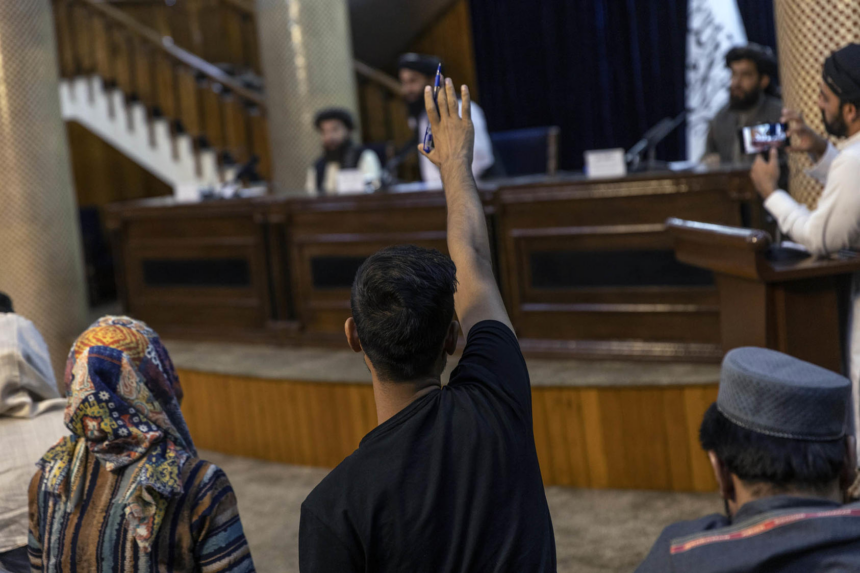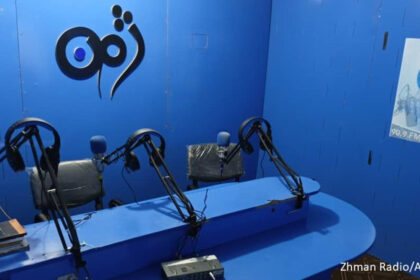RASC News Agency: Reports from Balkh reveal an alarming escalation in the Taliban’s efforts to suppress press freedom, as the group imposes draconian restrictions on journalists, forcing them to submit their reports for pre-approval before publication. According to sources, on Saturday, February 8, the Taliban summoned journalists attending an event at the Iranian Consulate in Balkh and ordered them to share their reports with the group’s intelligence apparatus and the Directorate of Information and Culture before making them public. These journalists had been invited to cover a ceremony marking the anniversary of Iran’s Islamic Revolution. The Taliban’s crackdown on independent reporting extends beyond mere directives. Multiple sources confirm that journalists have been subjected to both direct intimidation and threatening phone calls, warning them of severe consequences should they fail to comply.
Ata Mohammad Saho, head of intelligence within the Taliban’s Directorate of Information and Culture in Balkh, reportedly threatened journalists with imprisonment if they published any news without the group’s explicit approval. This move is part of a broader systematic assault on press freedom, with the Taliban increasingly resorting to coercion and censorship to suppress narratives that do not align with their rigid, extremist ideology. Over the past months, the group has consistently pressured domestic media outlets to surrender their editorial independence, reducing Afghanistan’s once-thriving press landscape to little more than a propaganda apparatus for the regime. The Taliban’s actions underscore their fundamental rejection of pluralism and diversity, both of which are hallmarks of a free society and an independent press. As a project rooted in political authoritarianism and ethno-religious supremacy, the Taliban have sought to monopolize governance, administration, and cultural narratives, leaving no room for dissenting voices.
Free and independent journalism is the lifeblood of a democratic society, but under the Taliban’s rule, Afghanistan’s media landscape has been reduced to an echo chamber for their oppressive doctrine. Their relentless war on press freedom not only reflects deep-seated insecurity about their legitimacy but also signals their unwavering commitment to constructing a monolithic, ideologically rigid state where dissent is silenced, and only the Taliban’s narrative prevails.






